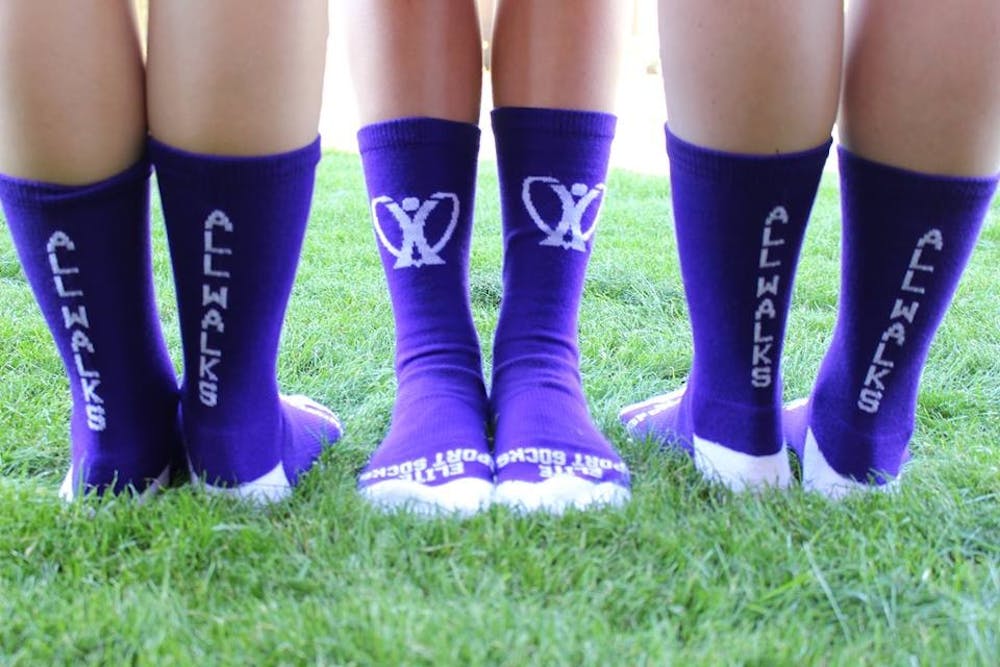Arizona reported 78 cases of human trafficking in 2016, which ranks it 11th regarding cases reported in the U.S.
Jasmine Anglen, an ASU graduate, is raising awareness of human trafficking through an organization she founded in 2014. Anglen's Phoenix-based nonprofit organization, All Walks Project, is trying to change the narrative of human trafficking in the U.S.
The National Human Trafficking Human Resource Center reported 3,646 human trafficking cases in the U.S. this year, and the number continues to rise.
"A lot of people consider trafficking an overseas issue or a third world country issue, but that's not the case," Anglen said. "We have cases of trafficking happening in our backyards."
Human trafficking is a broad term that means a person is transported or taken against their will and are forced to partake in, not limited to, labor, domestic services or sexual acts. According to the International Labour Office, human trafficking profits are an estimated $150 billion.
Anglen noted that the statistical numbers that agencies and organizations have on human trafficking are based only on reported cases. That means the number of victims who are trafficked could potentially be higher than what research shows.
A study conducted by the Office of Sex Trafficking Intervention Research at ASU revealed that thousands of males in Phoenix are online sex advertisement customers.
The All Walks Project trains counselors and volunteers to work with sex trafficking survivors. Their nonprofit organization started with one chapter at ASU. Now the All Walks Project has 16 chapters at major universities in the U.S.
Jannelle Jansen, also an ASU alumnus, runs the marketing side of All Walks Project. Her goals are to increase information about trafficking and to reach a younger demographic.
"College students are typically not highly informed on trafficking so they sometimes don't think they can make a difference," Jansen said.
"That can be a huge problem when you don't have a large group of people supporting such a serious issue."
Jansen believes college students can make a critical impact. She explained that if the All Walks Project can get millennials on board, it will help break some of the stereotypes surrounding human trafficking, such as not believing it happens in the U.S.
"If not you then who? If not now then when?" Jansen said.
ASU administration is also using their voice to shut out human trafficking.
Deana Garner Smith, senior associate athletic director and women's administrator for ASU’s athletics department, works closely with human trafficking organizations in Arizona. According to the NCAA, her role is to support and represent women's interests on an institutional and national level.
The athletic department collaborates with the McCain Institute, an organization that works to stop trafficking. Their partnership configures awareness campaigns and public service announcements at ASU athletic events, Garner Smith said.
ASU wants to raise awareness on this growing issue. The athletic department and All Walks Project plan to host human trafficking awareness events in 2017.
“We are trying to raise awareness at ASU because students can be at risk,” Garner Smith said. “Students are always looking for part-time jobs to pay bills and that can leave them vulnerable because predators know that.”
Reach the reporter at matthias.mcnanus@asu.edu or follow @mcmanusmatthias on Twitter.
Like The State Press on Facebook and follow @statepress on Twitter.




